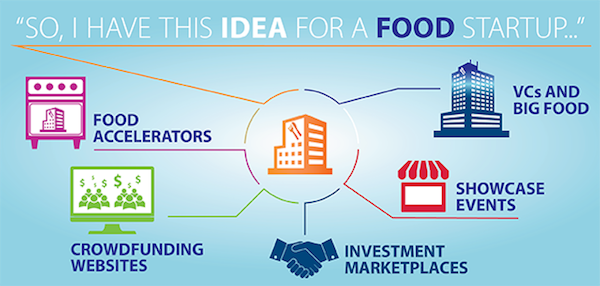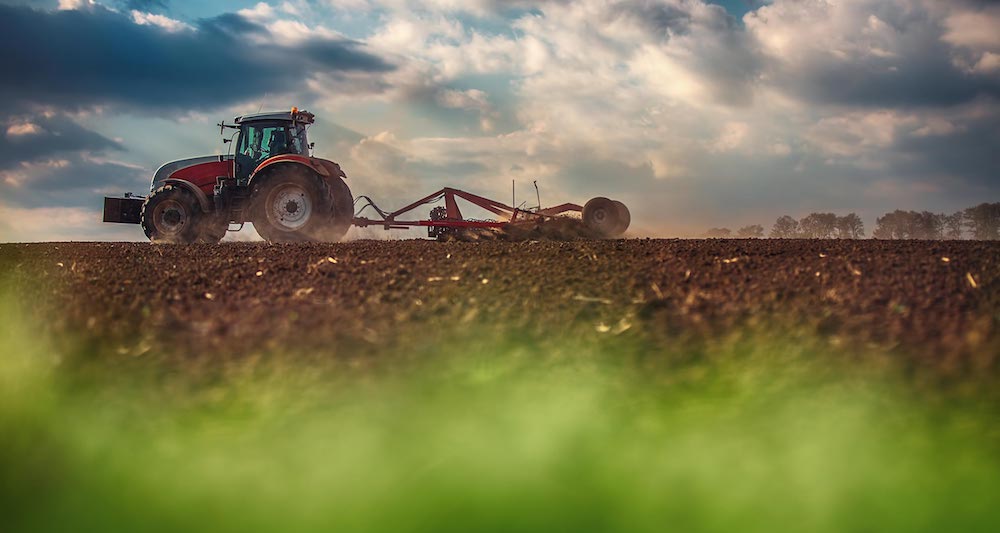(Editor’s note: This post about Rabobank’s emergence as a startup player has been updated with new information about a new startup loan program.)
If you’re an expat who’s part of a startup, you know the one place you can’t get any funding is at the bank.
Or can you?

MICHEL ZIEKMAN
Typically, conventional banks are all about collateral, the assets borrowers put up to offset the risk of default. But as the Netherlands emerges as a tech and startup hub, some banks and other traditionally conservative businesses have taken a closer look at how they fit into the startup and innovation ecosystem.
One of the most remarkable trends in the Netherlands, especially compared to the United States, is the role conventional banks are playing in the startup eco-system.
Take, for example, Utrecht-based Rabobank, the Netherlands’ second-largest bank by assets and a global financial power.
Rabobank started out lending to farmers. Those roots are apparent in its 21st-century approach, which still include agriculture as the bank is involved in everything from startup advisory desks in the Netherlands to startup pitch events in San Francisco to adapting blockchain technology to agriculture.
The Dutch bank brings a collective approach to risk in the startup and scale-up world.
Rabobank lessens the risk of early-stage investing by lending in a syndicate with other banks and government-backed economic-development efforts, said Michel Ziekman, an account manager in Rabobank’s entrepreneurial operations.
“In the early stage, we don’t (invest) alone. We do it with other parties,” Ziekman said. After the initial investment rounds, other investors or venture capital come in to take startups to the next level, he said. There are also programs guaranteed by the Dutch government, Ziekman said.
Like other banks, Rabobank has public events for startups. But discretely using old-fashioned networking is more important for reaching promising startups and entrepreneurs, as well as banks with which they can partner.
Rabobank execs network as well as follow up on leads from inside the company, Ziekman said.
“The fact we’re out there, and people know we’re out there, (other bankers) know how to find us and connect their customers to us,” said Edwin Blok-van Enck, Rabobank communications adviser.
“Out there” means having client-facing services.
Nine years ago, Rabobank created Teckle, a growth and innovation desk in Eindhoven which helps startups, scale-ups and fast-growing companies, Ziekman said.
Teckle staffers are highly focused on innovation and startups. After nine years, Teckle has expanded to six more locations across the Netherlands where “there’s a shared DNA,” Blok-van Enck said. “Either a technical campus such as High Tech Campus (Eindhoven) or Food Campus, or a technical university.”
Campuses and universities “drive innovation and, of course, startups and spinoffs, so there are things we can do extra beyond what Rabobank does as a whole.”
While Teckle, for example, began in Eindhoven, Blok-van Enck said the bank’s approach to innovation, tech, startups and scale-ups, “that’s something we do as an entire organization.”

When Rabobank executives talk about “seed capital,” that can sometimes include actual seeds.
• Rabobank just launched a 60 million euro VC fund focused on helping early-stage fintech and agritech scale-ups. Rabo Frontier Ventures works with internal and external Fintech and Food & Agri ventures, providing both capital and/ or non-financial support such as access to Rabobank’s network and experts.
• Rabobank recently debuted the Innovation Fund Rabobank, a financing solution to financially support startups in their earliest start-up phase, the so-called pre-seed phase.
Rabobank makes the loans through its Subordinated Innovation Loan program. Essentially, startups can get loans between 25,000 euros and 150,000 euros in the ideation stage on the way to getting established with Dutch authorities as a formal business.
These startups must be focused on:
- The circular economy with innovations in reusing raw materials and components.
- Food including innovative applications in the food industry such as smart logistics.
- Renewable, working on smart technology for renewable, recyclable or renewable energy sources.
- Vitality, with sustainable solutions within the healthcare sector including the application of medical tech or the development of biopharmaceuticals.
Rabobank reserves 20 million euros per year for IFR, meant to stimulate innovation in the Netherlands. Rabobank expects to provide capital for a few hundred startups with the IFR.
• Rabobank selected 20 startups to pitch at the FoodBytes! San Francisco food innovation event earlier this month at The Village. The startups work in areas such as analyzing soil microbiome to produce food more sustainably, disrupting the fish oil supplement industry with algae and tackling farm labor shortages with fruit-picking robots, according to a news release. This is part of Rabobank’s Banking for Food program to feed the world sustainably by 2050.
• Rabobank has its own two-year-old internal Moonshot accelerator. Moonshot is integrated into a new blockchain project that includes a consortium of some of the largest banks in Europe.
Rabobank employees are encouraged to pitch ideas, and the best ideas get workspace and capital to startup.
Graduating companies include we.trade, the trading platform for the blockchain project, and Peaks, an investment app. Another idea is to help cattle farmers track herds with mobile technology and tracking technology, an idea that’s been tested now in Australia, Blok-van Enck said.
Rabobank is investing in companies that dovetail with the bank’s strategic direction across four areas: “Financial cruise control,” platform banking, emerging technologies as a business model enabler and Data4Food.
“We started as a small community bank for farmers in the late 1800s,” said Blok-van Enck. “The philosophy was, ‘We are farmers. So we’ll tackle the problems together. If my neighbor has a bad harvest, but he needs an investment for next year, we have to help him.
“That’s a philosophy we still use here in how we work with partners.”
Agriculture is in Rabobank’s “base DNA,” Blok-van Enck said. “It’s what we think is important.”
It’s also good business because innovation is growing very quickly in agritech, he pointed out.
“The knowledge we built up with our sector … we can add value to innovation. For us, it’s logical to be part of that,” Blok-van Enck said.
Co-CEO of Dispatches Europe. A former military reporter, I'm a serial expat who has lived in France, Turkey, Germany and the Netherlands.















